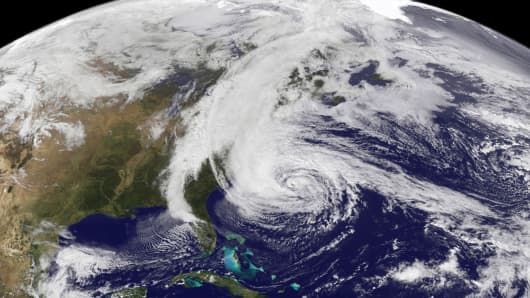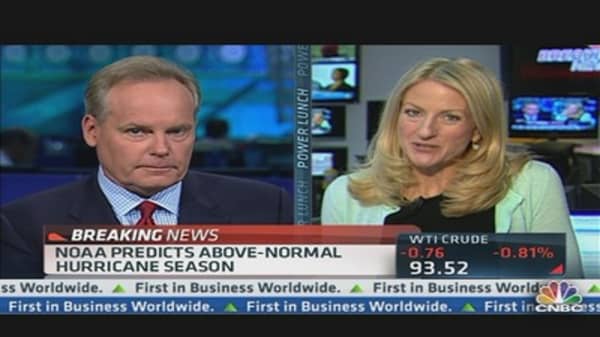On storm surge maps that show the ravages of Superstorm Sandy, my house sits on a rare patch of dry land surrounded by swaths of water.
Located in Gravesend, Brooklyn, nestled just above Coney Island, the house did not sustain any damage, despite the fact that the water came within a few blocks.
With hurricane season 2013 forecast to be "active," according to NOAA's Climate Prediction Center, I got nervous about my luck the next time around. I did what all homeowners should do - I called my insurance agent to see if my policy needed any updating.
In the process, I learned that it helps to ask a lot of questions. Here are four key things to ask about as you prepare for hurricane season:
1. Do I need flood insurance?
While there are no statistics yet on how many flood policies have been sold since the storm, Jeanne Salvatore, senior vice president of the Insurance Information Institute (III), a research group for the insurance industry, says she hears from plenty of people who regret not having had flood insurance - either as renters or owners - during the last few storms.
"Low-risk does not mean no risk," Salvatore says.
Flood insurance has a 30-day waiting period before it kicks in, so it's best to get a policy before storm season starts. Even if another monster storm never comes, a bad downpour could cause enough damage that I'd be in a dire financial straits if I wasn't covered.
"Anyone can be in a flood zone, just if water builds up on your street," says James Whiter, a licensed sales producer for the Desimone Agency in Brooklyn, an Allstate provider.
Whiter's office has written about 200 flood policies since Sandy, with prices ranging from around $400 (what I ended up paying) for a home that is not in a designated flood zone to $4,000 or more for homes with the highest levels of risk in Brooklyn.




